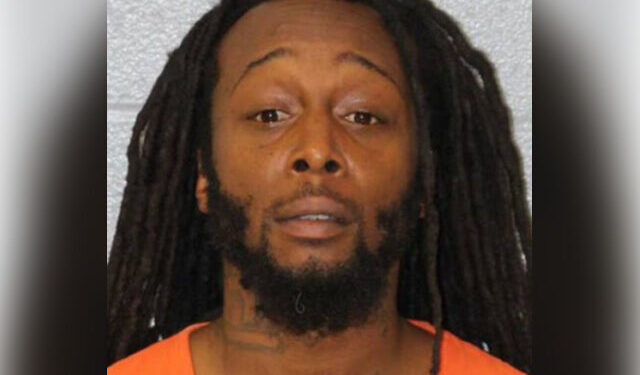A horrifying crime on Charlotte’s light rail has left a young woman dead and raised new questions about public safety in America’s cities. On August 22, 23-year-old Ukrainian national Iryna Zarutska was fatally stabbed in the throat while riding the train. Police arrested 34-year-old Decarlos Brown Jr. and charged him with first-degree murder.
Recently released video footage shows the moments leading up to the attack. Brown is seen sitting in a seat before Zarutska boards and sits in front of him. Moments later, he takes out a pocket knife, unfolds it, stands up, and stabs her three times in the throat before walking away. Witnesses described blood dripping from Brown as he moved through the car. Zarutska collapsed to the floor, dying from the unprovoked assault.
Brown has been ordered to remain in jail and undergo a competency evaluation. But the broader issue remains: how could such a brutal act happen on a city transit system that taxpayers fund and citizens are told is safe? For years, officials have poured millions into public transportation while ignoring the steady decline in security. Riders are left vulnerable, trapped in confined spaces with little chance of escape when violence erupts.
Charlotte Mayor Vi Lyles called it a “senseless and tragic loss” and thanked community members for not sharing the graphic video. “The video of the heartbreaking attack that took Iryna Zarutska’s life is now public,” Lyles said. “I want to thank our media partners and community members who have chosen not to repost or share the footage out of respect for Iryna’s family.”
But platitudes don’t change the fact that safety is slipping away in too many cities. As former FBI agent M. Quentin Williams explained, “It happened so quickly. She was not in a position to respond. He caught the most vulnerable person on the train. She was in close proximity to him, she had her back to him, she also was doing something that diverted her attention away.”
This tragedy should force an honest reckoning: commuters shouldn’t have to risk their lives just to ride a train. Yet lax enforcement, weak leadership, and a reluctance to confront crime head-on have left the public exposed. Until leaders put security first, these so-called “senseless tragedies” will continue to become all too predictable.




















